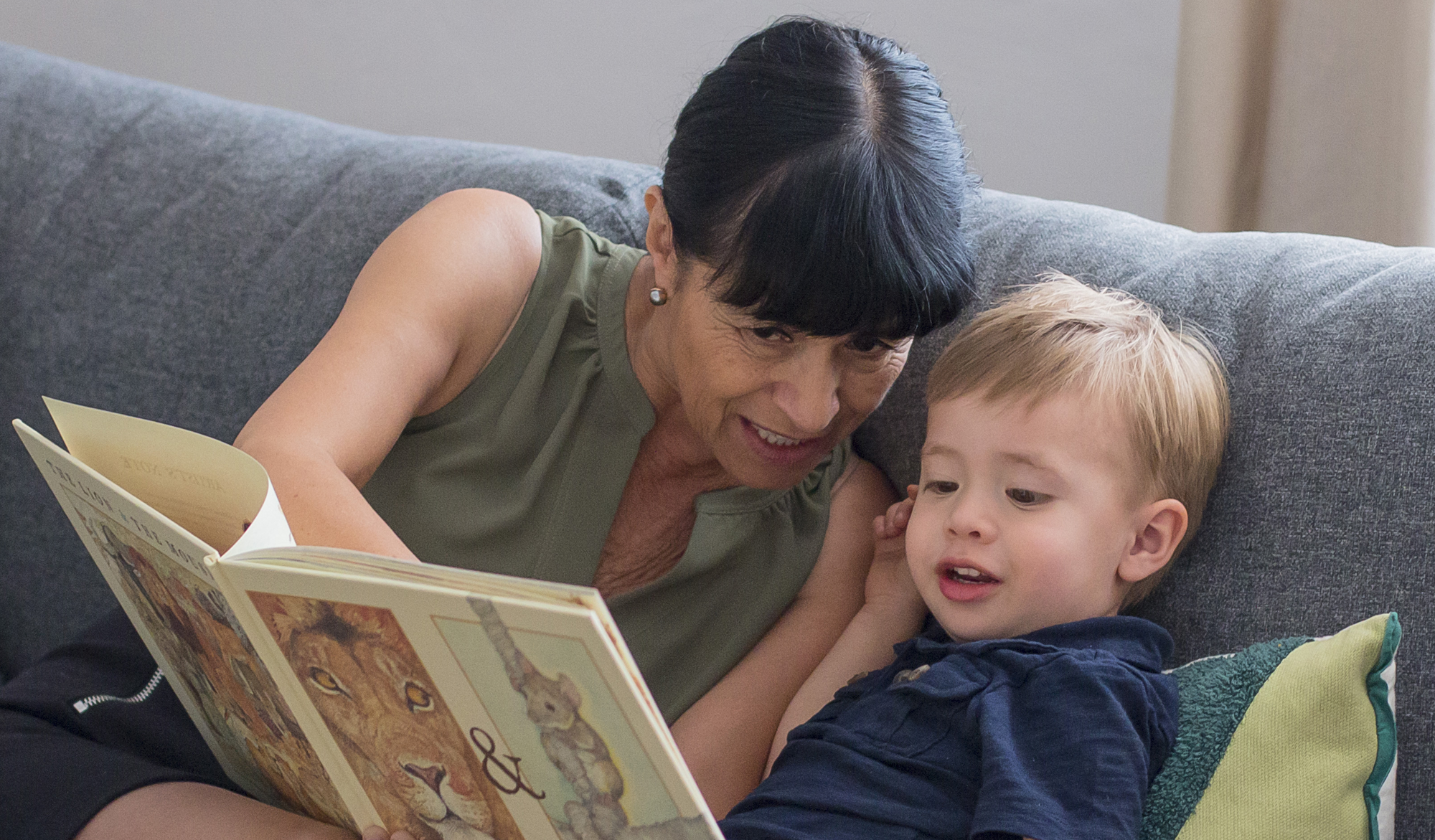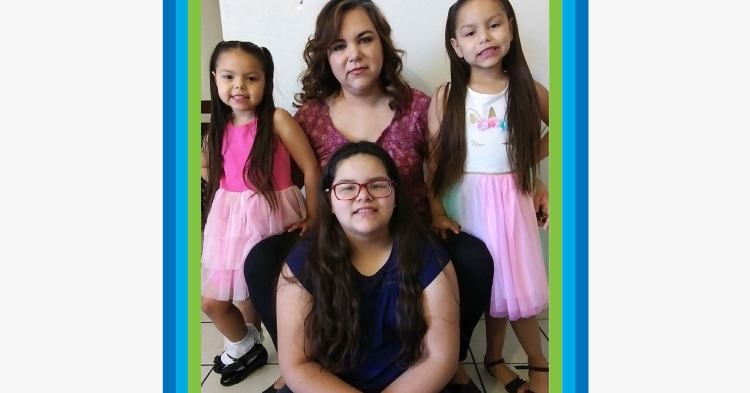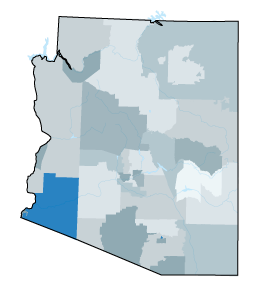
First Things First partners with families and communities to help our state’s youngest children prepare for kindergarten and beyond.
Many young children in Arizona face challenges that threaten their healthy development and learning. In the Yuma Region, there are 17,983 children (under age 6) with 26% living in poverty.
Here is how FTF is working to support young children and their families in this region.
|
«As both the City of Yuma Mayor and a father, I believe it is extremely important to ensure our youngest in the community have every opportunity to succeed in life. Actively participating in early childhood development and education from day one is key to building strong families, and strong families are a vital component to building strong communities.” Douglas Nicholls |
Yuma Regional Key Impact Highlights
[Fiscal Year 2020]

3,402 Families of newborns received the Arizona Parent Kit, filled with tips and tools to help support their child’s healthy development.
374 Families with young children participated in voluntary home visiting programs proven to reduce parental stress levels, increase connections to community supports, and improve children’s cognitive, motor, behavioral and social-emotional development.

1,372 Children attended preschools and child care programs participating in Quality First.
387 Children birth to age 5 received a Quality First scholarship to attend high-quality preschools and child care programs.

2,016 Children received a screening to detect tooth decay, which left undetected and untreated could cause damage to permanent teeth, impair speech development and failure to thrive.
463 Children monitored to receive appropriate screenings to detect vision, hearing and developmental issues to prevent learning challenges later on.
122 Early childhood educators received college scholarships to improve their qualifications for working with infants, toddlers and preschoolers.
79 Parents and other caregivers participated in evidence-based trainings designed to improve knowledge of parenting practices and children’s development.

Yuma Family Story
Quality First preschool helps three sisters from San Luis succeed in kindergarten and beyond
Emma Reyes, a mother of three young girls living in San Luis, never realized the importance of early education until she attended a First Things First presentation, where she learned how early brain development has a lasting impact on a child’s ability to learn and succeed in school and life.
She also learned about FTF’s signature program, Quality First, which partners with child care and preschool providers across Arizona to improve the quality of early learning. More than 95% of the preschools and child care providers in the Yuma region have achieved Quality First ratings of 3 to 5 stars, which means they meet or exceed quality standards.
Read moreFTF Yuma Regional Partnership Council
SFY20 Total Regional Program Expenditures
The FTF Yuma Regional Partnership Council is made up of volunteers who study the unique needs of the local community and decide how funds should be used to best support the healthy development and early learning of young children birth to age 5. FTF invests in proven programs and innovative strategies through grants to community organizations that provide services to children and families. Some of the programs in this region include Parents as Teachers, Quality First and Healthy Families.
| Quality Child Care and Preschool | $2,839,402 | 54% |
| Strengthening Families | $1,410,664 | 26% |
| Preventive Health | $628,721 | 12% |
| Workforce Development and Training | $162,265 | 3% |
|
Research and Evaluation |
$145,495 | 2% |
| Parent and Community Awareness | $125,485 | 2% |
| Coordinating Care | $19,677 | 1% |
| TOTAL |
$5,331,710 |

The FTF Yuma Region is defined as Yuma County, not including the lands belonging to the Cocopah Indian Tribe. The Arizona portion of the Fort Yuma Quechan Reservation is also located within the region along the Colorado River near the city of Yuma. The FTF Yuma Region includes Legislative Districts 4 and 13. (Legislative districts are not necessarily congruent with regional boundaries.)



